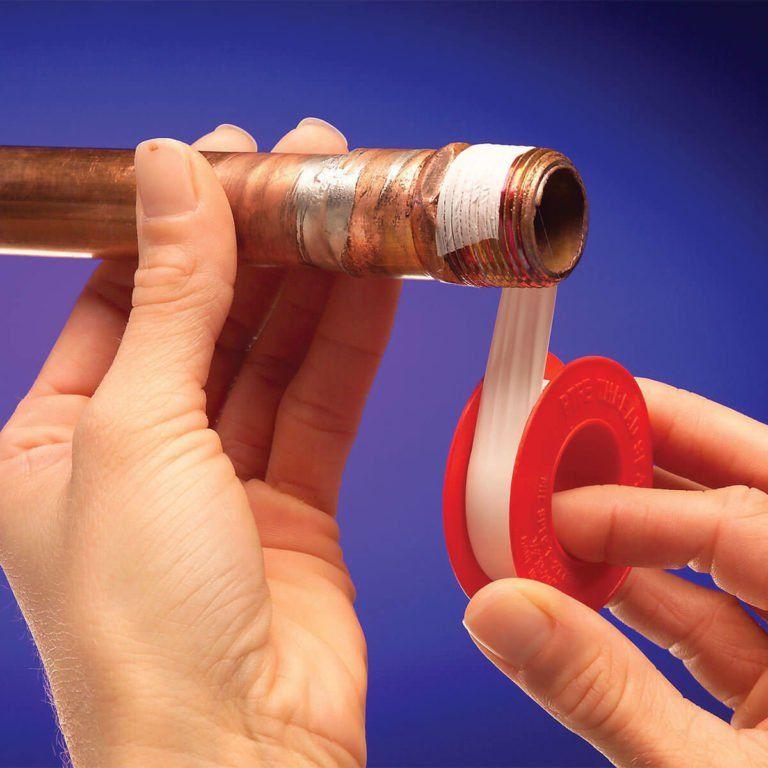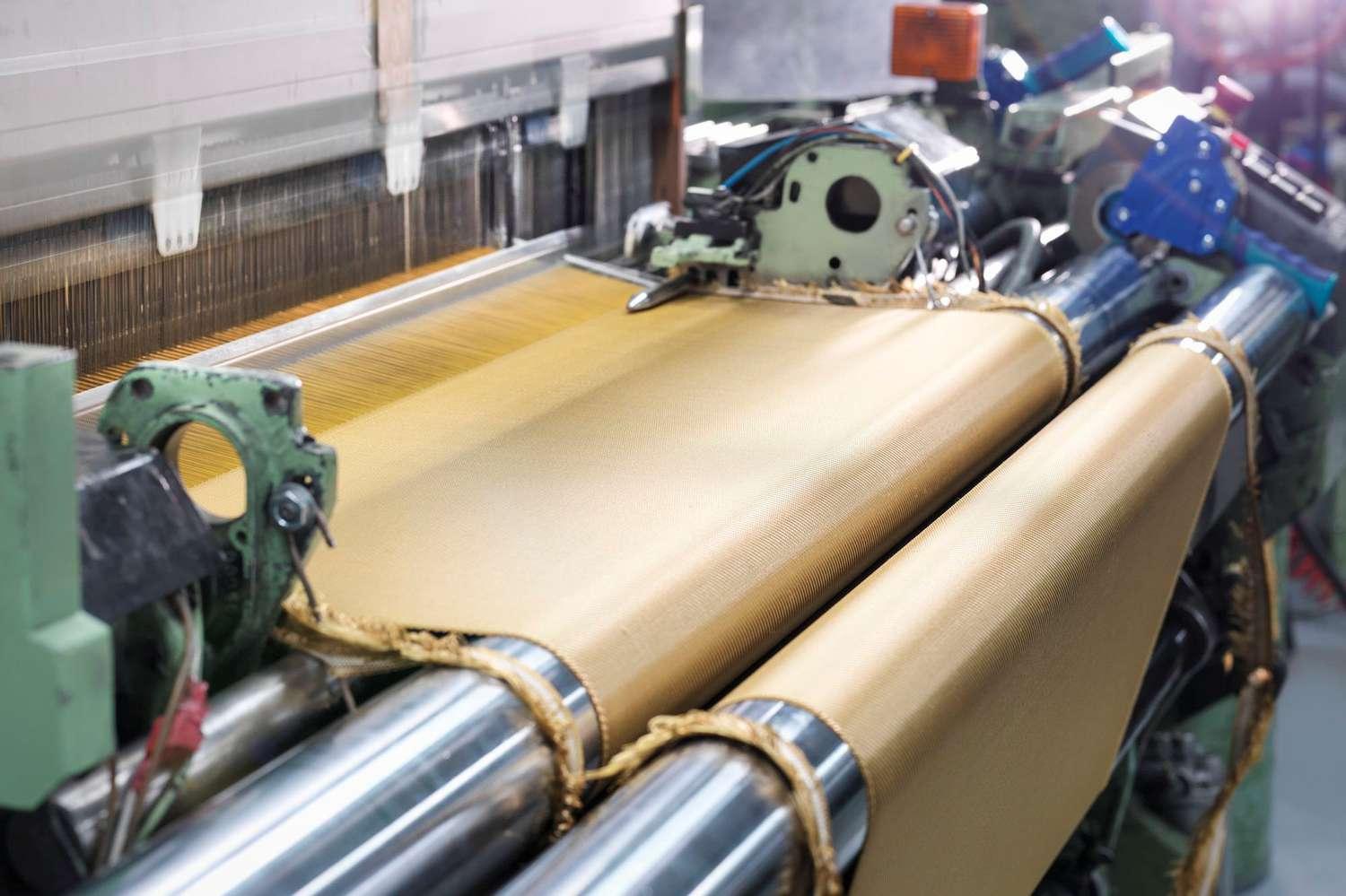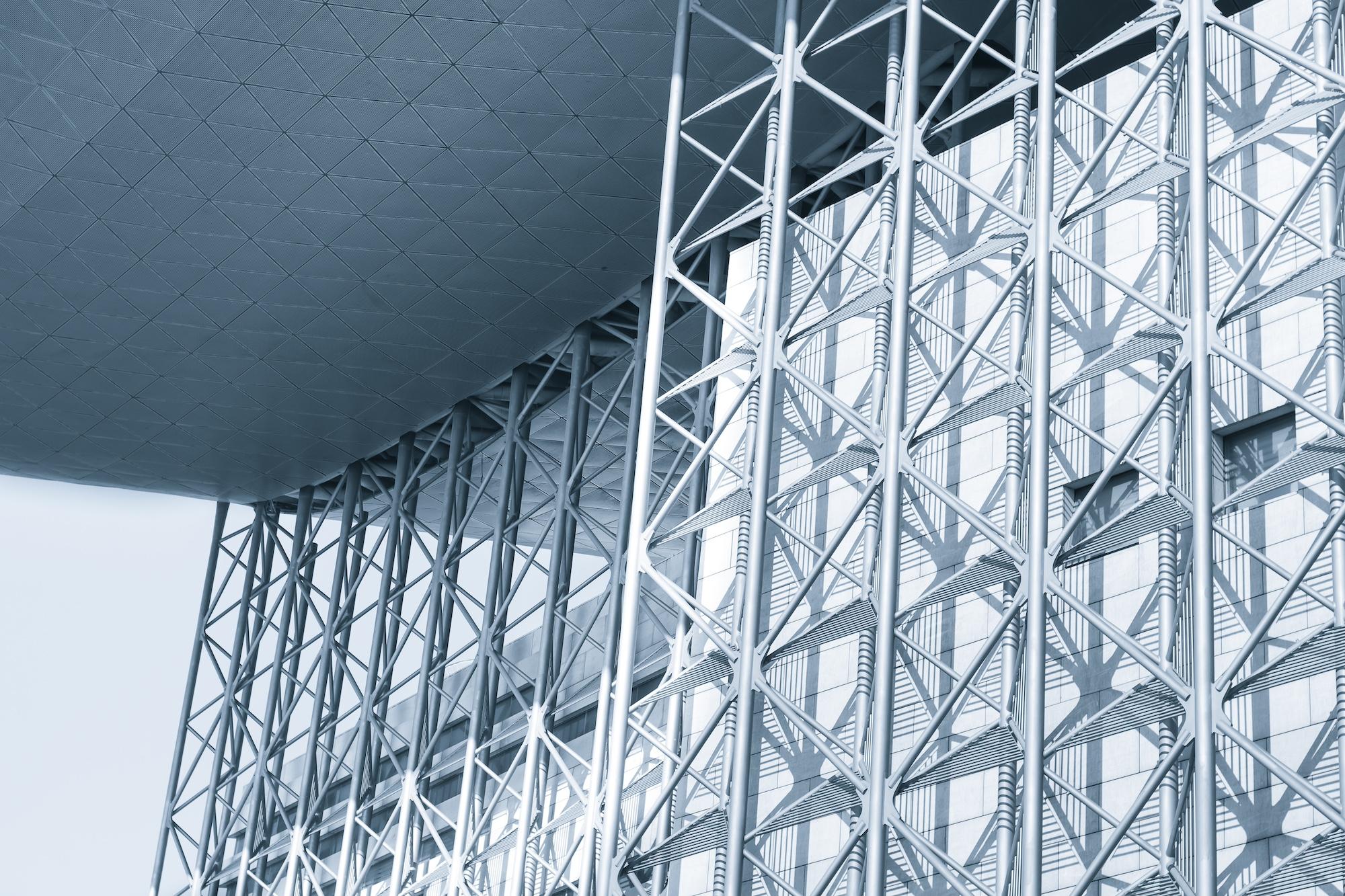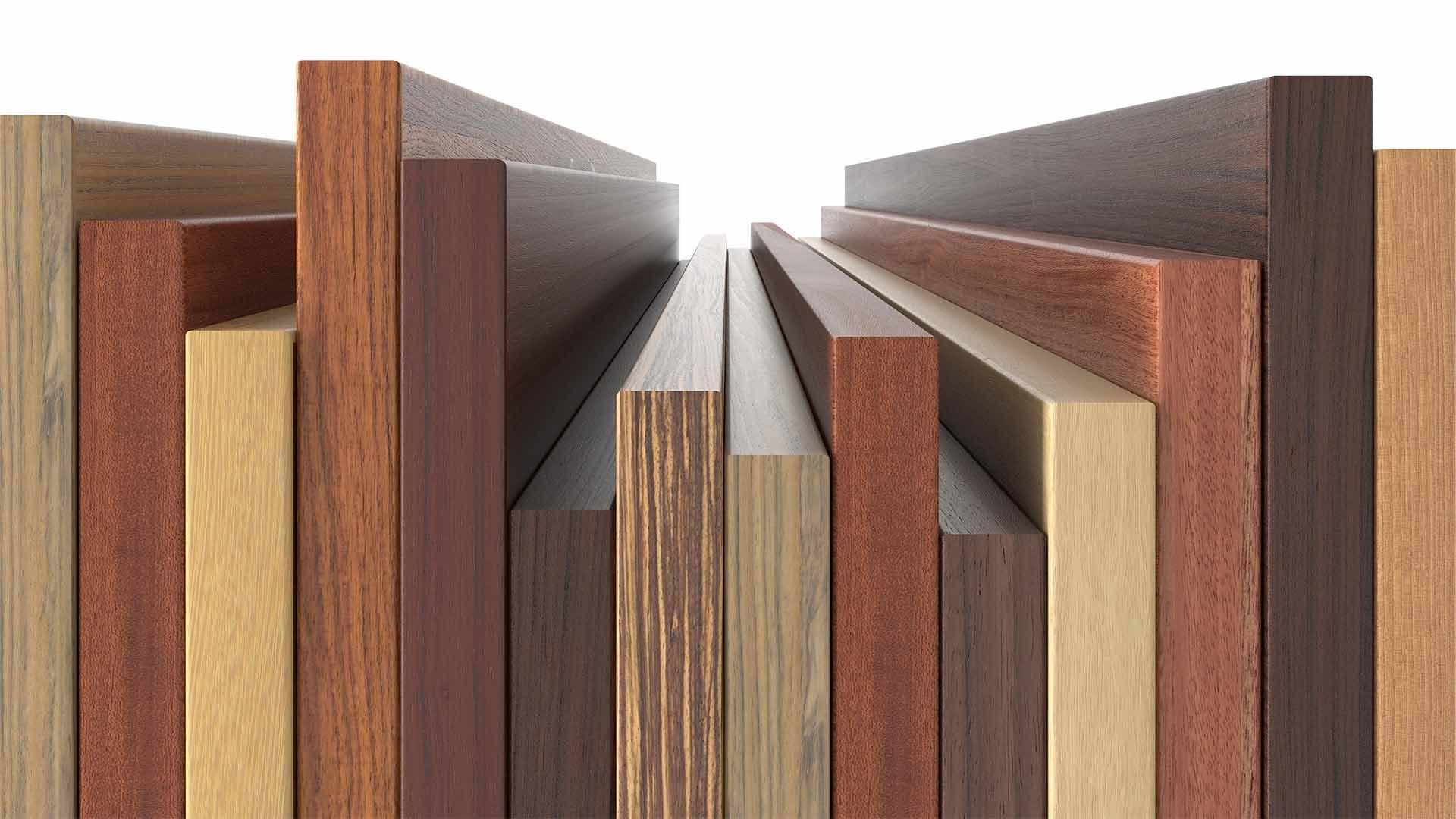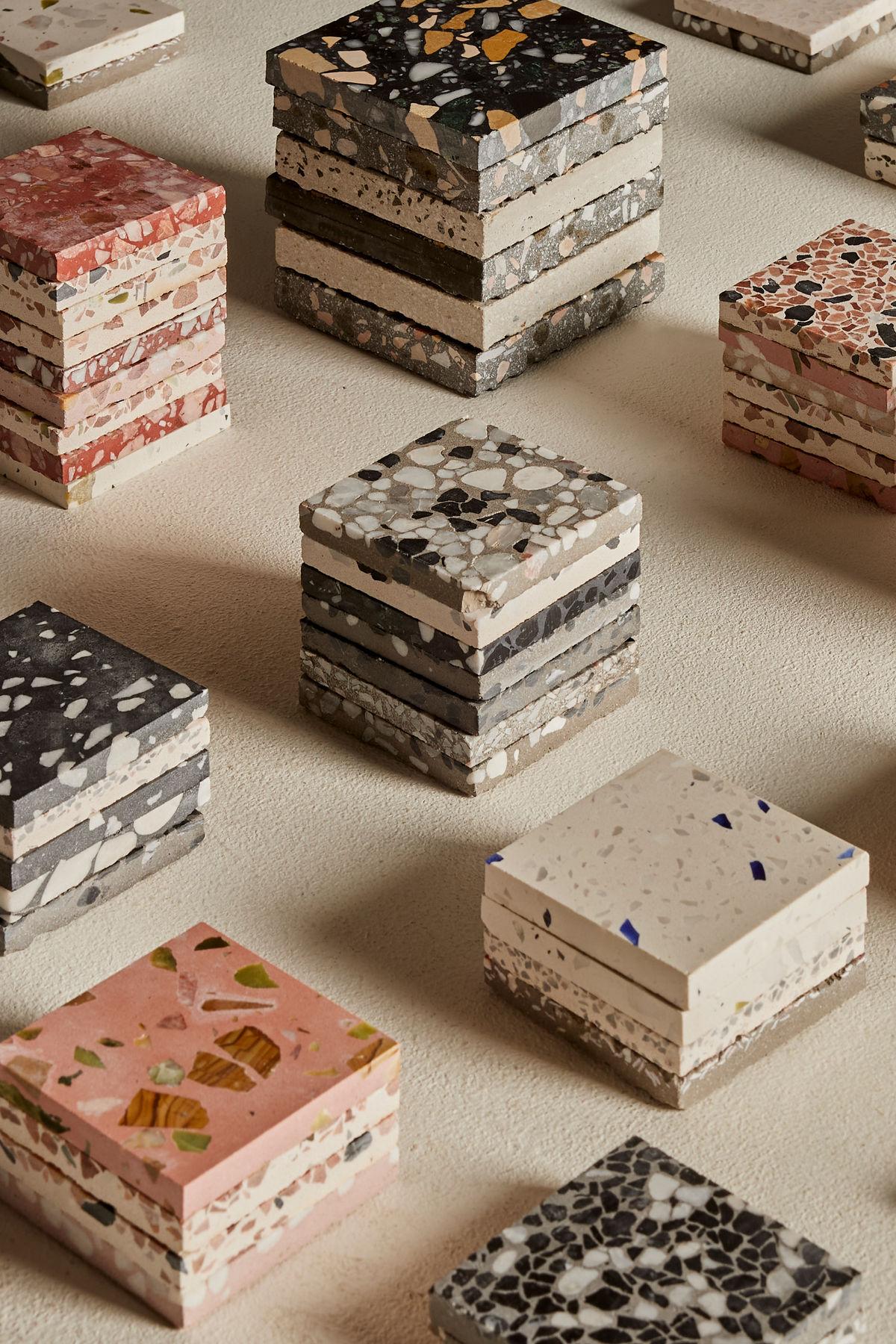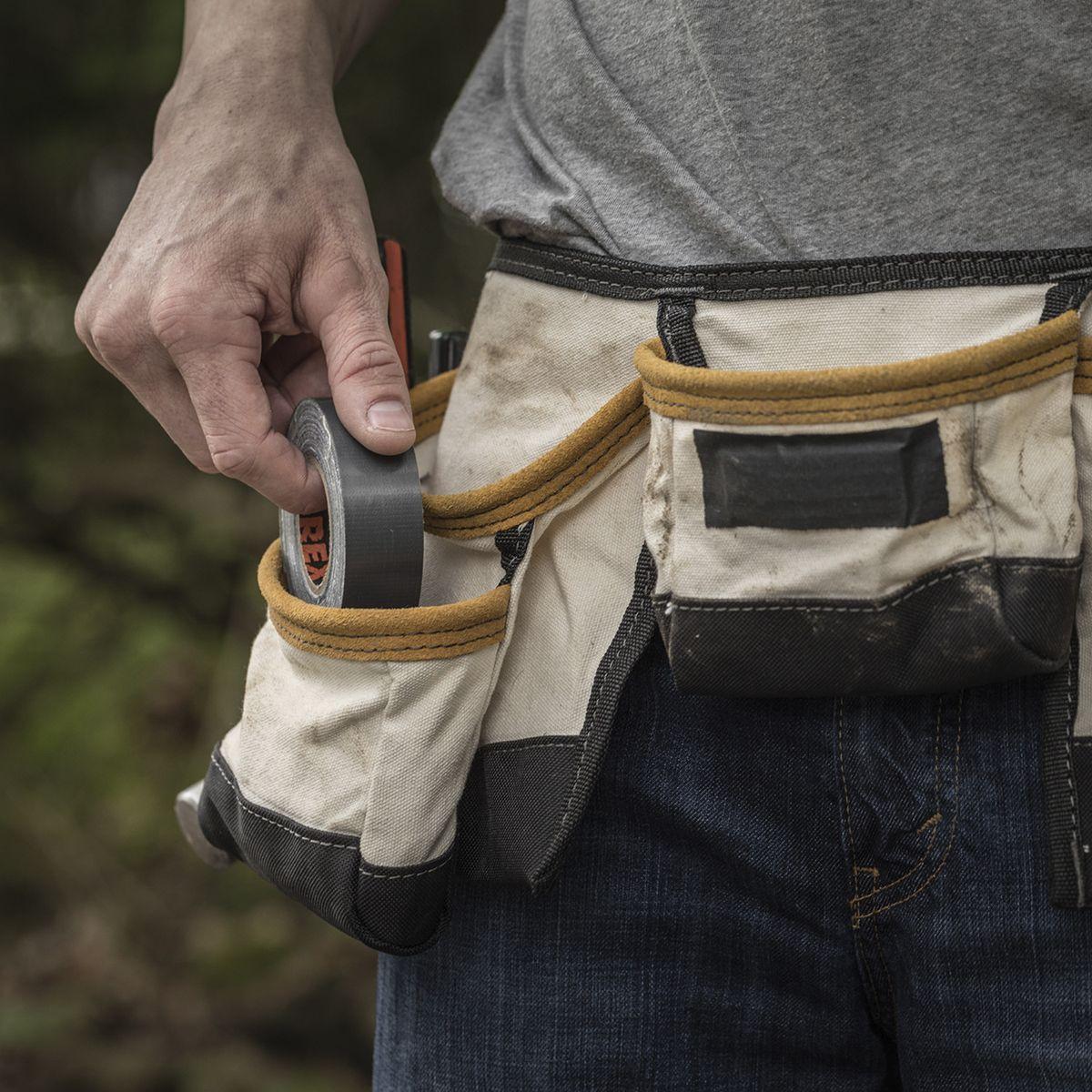How to get rid of pigeons in a Factory or Warehouse ?
Nov 15 • 7 min read

Pigeons might seem harmless, but when they get into a factory, they can cause big problems. They leave behind droppings that can damage equipment and make the place look dirty. These droppings can also spread diseases, putting the health of your workers at risk.
Pigeons often build nests in hard-to-reach places like rafters or machinery, which can block ventilation systems and create safety hazards. This can lead to higher cleaning and repair costs, slow down production, and even cause issues with health and safety inspections.
If your factory is dealing with pigeons, it’s important to take action right away. In this article, we’ll look at simple and effective ways to keep pigeons out of your factory.
Even if you don’t see pigeons directly, their presence leaves behind clear evidence. Look for Droppings, Nests and Loose Feathers around the premises. Also it helps to Conduct Inspections During Quiet Hours. Pigeons are most active during early morning or late afternoon. Inspect your factory during these times to increase your chances of spotting them in action.
What Attracts Pigeons to Factories and Warehouses?
Pigeons are drawn to factories because they offer everything the birds need to survive: food, shelter, and warmth. Factories often have open spaces and tall ceilings, which make ideal spots for pigeons to roost and build their nests.
Additionally, factories usually have plenty of entry points, such as broken windows, open doors, and ventilation systems, making it easy for pigeons to get inside. Once in, they find protection from predators and harsh weather, making the factory a comfortable home.
Food sources like leftover materials, waste, or even water from leaks can further encourage pigeons to stay, leading to long-term infestations if not addressed.
What Problems Do Pigeons Cause in Factories and Warehouses?
1. Contamination of Products and Equipment
Pigeons in factories pose serious contamination risks to both products and equipment. Their droppings, feathers, and nesting materials can spread harmful bacteria and fungi, which may lead to contamination of products and impact the quality and safety standards of goods. Equipment can become clogged or damaged by accumulated debris, and surfaces covered with droppings become unsanitary, requiring additional cleaning and maintenance. This contamination not only compromises product integrity but also elevates health risks, particularly in food-processing and pharmaceutical industries.

2.Why are pigeons considered a health risk in factories and warehouses?
Disease Transmission
Pigeons can carry and spread various diseases, including histoplasmosis, cryptococcosis, psittacosis, and salmonella. These diseases can be transmitted to humans through contact with pigeon droppings, feathers, or by inhaling dust from their nests.
Allergens
Pigeon droppings and feathers can release allergens into the air, causing respiratory problems, especially for workers with asthma or allergies.
Parasites and Insects
Pigeons can carry parasites such as ticks, mites, and fleas, which can infest the workplace. These parasites can bite workers or spread to machinery, creating further health risks. They can also affect products and packaging materials if they come into contact.
Bacterial Infections
Pigeons can also spread bacterial infections such as Salmonella and E. coli, which can be transmitted through droppings or contact with contaminated surfaces.
3. Damage to Property and Infrastructure
Pigeons can cause significant damage to factory structures and equipment, leading to costly repairs.

Nesting in Vents and Roofs
Pigeons often nest in ventilation systems, gutters, and rooftops, which can lead to blockages, water damage, and increased maintenance costs.
Corrosion due to droppings
Pigeon droppings are acidic and can corrode metal, concrete, and other materials, leading to the deterioration of machinery, equipment, and building structures over time.
Clogging Drains and Gutters
Pigeon nests and droppings can clog drains and gutters, causing water damage, leaks, and potential structural issues.
Damage in Electrical Components
Pigeons may damage electrical equipment or wiring, creating the risk of short circuits or fires, adding to repair costs and downtime.
Damage on Roofs and Solar Panels
Pigeons often nest in hard-to-reach places like roof corners or solar panels. Their nests can obstruct gutters or even cause water damage if left unchecked. Solar panels can lose efficiency if they are covered in pigeon nests or droppings, ultimately reducing energy generation.

Decreased Productivity
The presence of pigeons can significantly disrupt factory operations and employee productivity.
Distraction to Workers
The constant presence of pigeons, along with the noise from their cooing and flapping, can create a distracting environment. This can lead to decreased concentration, lowered morale, and a reduction in overall productivity.
Increased Cleaning Cost and Time Needed
With ongoing pigeon infestations, factories are forced to spend more time and resources cleaning droppings and nesting materials from floors, machinery, and equipment. Regular cleaning, which is necessary to prevent contamination, can divert workers from their primary tasks, ultimately slowing down production.
Increased Downtime
If pigeon nests are not promptly cleared, they can block ventilation systems or cause machinery to malfunction, resulting in downtime while repairs are made.
5. Safety Hazards
Pigeons present various safety risks that can endanger workers and compromise factory safety.

Slips and Falls
Pigeon droppings on floors, walkways, or production areas can create slippery surfaces, increasing the likelihood of slips and falls. Workers may unknowingly step on droppings, spreading them and contaminating other areas.
Obstruction of Emergency Exits
Nests in rafters or high places can obstruct critical emergency exits, making it difficult for workers to evacuate quickly in case of a fire or other emergency.
Fire Hazards
Accumulated pigeon nests can block ventilation systems or exhaust fans. If nests are made from highly flammable materials, they can pose a serious fire risk, especially in factories that work with volatile chemicals or machinery.
6. Damage to Reputation and Compliance Issues
Pigeon infestations can also damage a factory’s reputation and lead to regulatory challenges.
Non Compliance with Health and Safety Standards
Failure to address pigeon infestations can result in non-compliance with health and safety regulations. This can lead to costly fines, shutdowns, or negative impacts during health and safety inspections.
Damage to Company Image
For factories that produce consumable products or serve clients who expect a clean, safe environment, pigeon infestations can severely damage the company’s reputation. News of a pest infestation can be detrimental to the business, affecting relationships with customers, partners, and regulatory bodies.
7. Increased Operational Costs
Beyond the immediate cleaning and repair costs, pigeon infestations can lead to higher ongoing operational costs for factories.
Regular Extermination Cost
In extreme cases, a factory may need to invest in professional pest control services to remove pigeons and prevent re-infestation. This can lead to recurring costs for pest removal, which can accumulate over time
Increased Premium Cost
The damage caused by pigeon infestations can increase insurance claims, which may result in higher premiums for the factory. Claims related to contamination, property damage, or health incidents related to pigeons can be particularly costly.
How to stop Pigeons from Nesting in a Warehouse or Factory?
If pigeons are causing trouble in your factory, there are several simple but effective ways to stop them. Here’s a detailed look at the best solutions.
1. Seal Entry Points
Inspect the Building: Look for gaps, cracks, broken windows, or damaged vents where pigeons may enter.
Close Openings: Use materials like metal mesh, weatherproof caulk, or steel wool to seal off potential entry points around pipes, ducts, or other structural openings.
Install Automatic Doors: For frequently used entrances, consider automatic or self-closing doors to minimize bird access.
2. Use Physical Barriers
Bird Netting

Install nets over areas where pigeons commonly roost or nest, such as rafters, beams, and ventilation systems.
Install Nets on Solar Panels

Solar panels are a common nesting spot for pigeons, which can lower their efficiency and cause damage. Bird net needs to be installed around the edges of the solar panels, blocking pigeons from accessing the space underneath. Thus preventing pigeon droppings and nests from damaging the panels.
Bird Spikes

Place spikes on ledges, signs, and other flat surfaces to prevent pigeons from landing.
Wired Systems
Use tensioned wires to make perching surfaces uncomfortable for pigeons.
3. Install Deterrents
Ultrasonic Sounds that act as Pigeon Repellant
Install devices that emit ultrasonic sounds that are unpleasant to birds, discouraging them from nesting. Look for options like Bird-X Ultrason X or Hoont Indoor & Outdoor Ultrasonic Pest Repeller for reliable solutions.Ultrasonic devices are available on sites like Amazon or hardware stores that offer pest control solutions
Reflective Surfaces
Use reflective tape, mirrors, or shiny objects to confuse and scare pigeons.
Motion Activated Devices
Devices that release sounds, water, or light when pigeons are detected can keep them away.
4. Remove Nesting Materials
Regular Cleaning: Clear out nesting materials, feathers, and droppings from the facility.
Restrict Access to Materials: Keep materials like twigs, debris, and scrap that pigeons may use for nesting away from accessible areas.
5. Eliminate Food and Water Sources
Secure Food Storage: Ensure that food items or raw materials are sealed and stored in pigeon-proof containers.
Proper Waste Disposal: Use closed bins and dispose of waste promptly to avoid attracting pigeons.
Limit Water Access: Repair leaks and remove standing water around the facility.
6. Professional Pest Control Services
If pigeon nesting persists, consult a professional bird control service. They can offer advanced solutions such as:
Specialized bird deterrent systems
Safe and humane pigeon removal services
Long-term bird-proofing strategies.
Don’t let pigeons take over your facility,act today to protect your business and maintain the highest standards of operation!
Our Clients








Related Blogs
